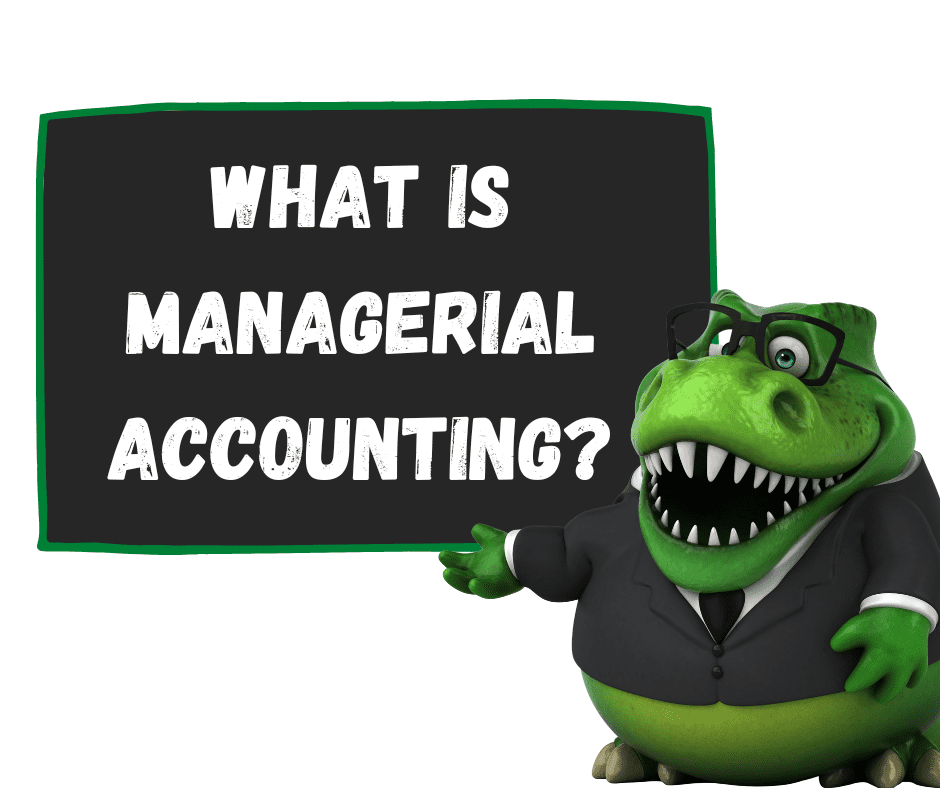Managerial Accounting is a specific branch of accounting designed to support business managers and owners by providing data to help the company with strategic planning, measuring company performance, evaluating results, and setting company policies. Managerial Accounting is also known as management accounting or cost accounting.
Managerial accounting is responsible for collecting, developing, and evaluating information to aid in:
- Strategic Planning–developing long-term objectives (goals) and then developing the short-term goals and actions that move the company towards those long-term goals. For example, launching a new product in five years is the long-term goal. The short-term goals may be investing more company resources in Research and Development and hiring employees with previous product launch experience.
- Measurement–determining the performance metrics that show how well the company is doing moving towards its strategic goal. These measurements will vary depending on a company’s needs and plans. For a product launch, this would involve making sure the launch is on schedule and on budget.
- Evaluation–monitoring results and determining what steps need to be taken to keep a project on track. This allows a company to make changes in its short-term actions to ensure the end goal is met.
- Control–the control function brings accountability to the management process. Are department heads setting or enforcing policies that will encourage employees to participate and be rewarded for helping the company move towards its goal? Is company management actively working towards those goals? Is the marketing plan being implemented in a way that supports the company’s goals.
Why is Managerial Accounting Important?
Managerial Accounting is important because it gives business managers and owners valuable insights into how a business makes money and how one action impacts other areas in a company. For example, a decision in the marketing department impacts the sales department and the production department. Managerial Accounting collects and evaluates information about the effectiveness and efficiency of the day-to-day operations of a business. This helps a business succeed in the short-term and the long-term.
What is the Main Focus of Managerial Accounting?
Managerial Accounting focuses on two major areas:
- Developing Costing Information
- Developing Management Tools
Developing Costing Information
Developing costing information in a business involves determining the true cost of making a product. It determines the costs and activities that contribute to manufacturing a product (or delivering a service.) For example, the costs of building a house include materials, labor, supervision, insurance, accounting, fuel, and interest expense. Managerial Accounting collects information about all the costs involved and uses those costs to manage profitability of each house being built. The profit from each house project creates the overall profit of the company.
Developing Management Tools
Developing management tools in a business involves determining what information is important for management to have access to and then providing the tools managers can use to access the information. These tools will help managers understand whether a business is operating effectively and efficiently. A couple of examples of management tools are Breakeven Point and Budgeting.
Breakeven Point shows the point when the Sales of a company equal the Expenses of a company. Or to put it differently, the point when profit is zero. The company has sold exactly enough product to meet its expenses. If the Breakeven Point is 1,000 units sold, when the company sells its 1,001 unit, it is operating at a profit.
Budgeting helps a company to allocate resources to different areas of the business, and then to ensure that area of the business is staying within its budget. This helps to maintain progress towards company goals. If one department spends more than allocated, it impacts the profitability of the company. Knowing that one department is not “making budget” helps managers to determine why, and to make changes to keep the business on track to achieving its strategic, revenue, cash flow, and profit goals.

